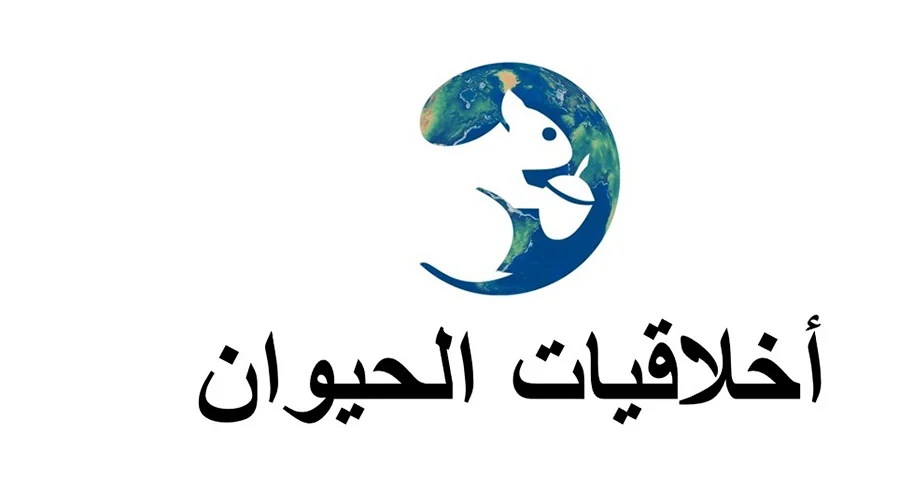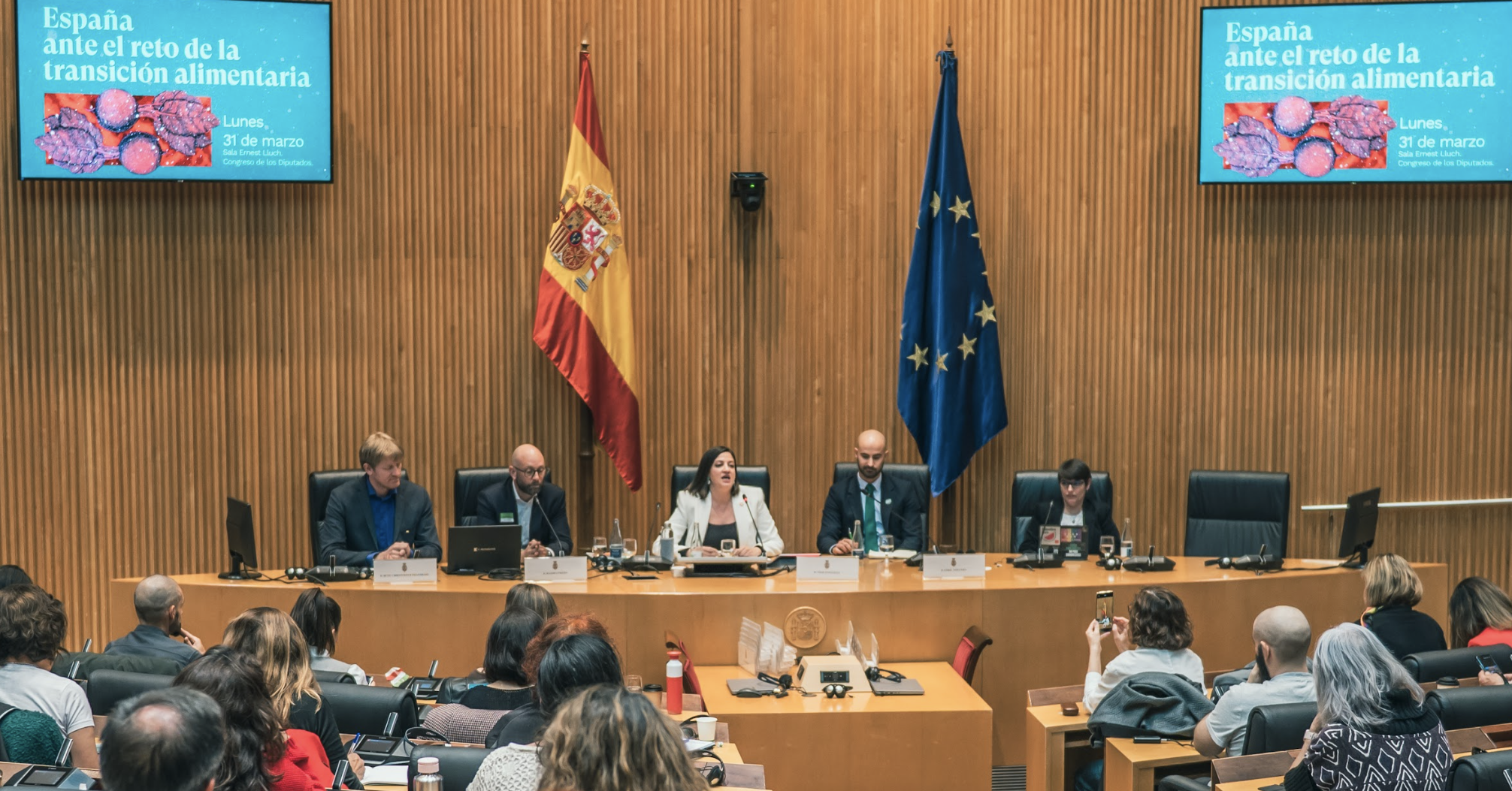We are excited to announce that the Animal Ethics website is now available in Arabic. This marks an important milestone in our mission to spread ideas that can help all animals. With Arabic being the 5th most spoken language in the world, this effectively opens it up to over 300 million more people who can have access to this important information.
The suffering of animals is a global issue, so it is crucial that resources like ours can be accessed by diverse audiences worldwide.
Animal Ethics provides realistic perspectives on the lives animals lead, especially wild animals, and how we can help them. Covering topics from speciesism to wild animal suffering, our website curates scientific and philosophical information to further the animal protection movement. Our aim is to inspire academics, students, and concerned citizens to join us in reducing animal suffering, through their careers or outside of them.
Making content accessible across languages is key to this goal. Because of this, our website is available in 12 languages, including English, Spanish, Portuguese, Hindi, Telugu, Chinese, German, French, Italian, Polish, Romanian and now Arabic. If we add up the pages and posts in all languages, we now have more than 1900 publications online!
We encourage everyone to learn as much as possible about issues related to wild animal suffering, so we’ll be able to discuss important future issues and support public and private initiatives to make wild animals’ lives better. With a long-term perspective, we hope to gradually shift attitudes on how animals are viewed and treated so that societies and institutions will include the wellbeing of all sentient beings in their plans and priorities. This includes crucial global priorities.
Every language added gives more momentum to the animal advocacy movement. We aim to reduce suffering not just for animals alive today, but also the many generations to come. More translations mean these ideas will continue spreading across cultures, borders, and generations.
Achieving this milestone would not be possible without dedicated volunteers generously offering translation support. We are deeply grateful for their efforts in helping expand our message.
Every contribution brings us closer to a more livable world for all animals.
If you are able to volunteer translating content into any of the languages our in which our website is available, or into Korean, Russian, Turkish, please contact us at translations@animal-ethics.org.



